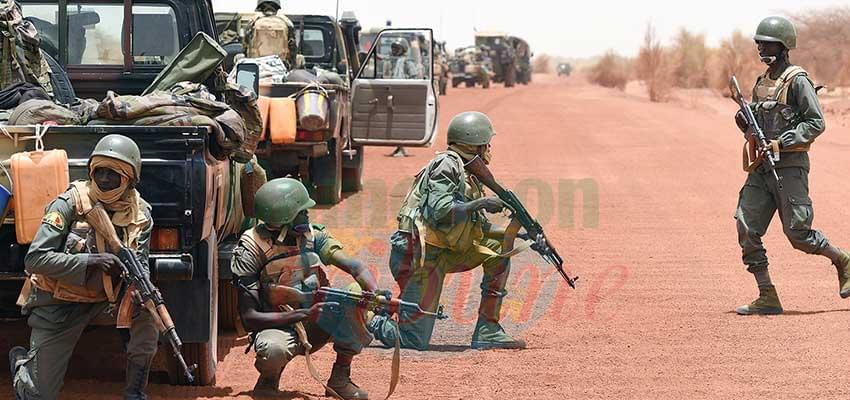
The war in the Sahel region appears more challenging than the many combat organisations notably the national army, MINUSMA, G5 Sahel and Barkhane can surmount.
Africa’s Sahel area is one region with diverse facets of challenges that the many actors called upon to clear off the resistance and make life worth living for the inhabitants seem at crossroads on how well to live up to expectation. The presence of multiple combat bodies on the field notably the national army, the United Nations Multidimensional Integrated Stabilisation Mission (MINUSMA), the G5 Sahel and Barkhane notwithstanding, fighting in the region remains unabated with farreaching consequences on the population’s daily lives.
As a matter of fact, despite years of French military support across the region through Paris' Operation Barkhane strategy, the UN with MINUSMA, the national army and the Group of Five Sahel States (G5 Sahel) joint forces all with the objective of combating trans-border terrorism and organised crime, stabilizing the region still remains a pipedream.
Observably, the seemingly failed regional and international efforts to improve local stability in the Sahel has rather given militant groups; including those affiliated with al Qaeda and Islamic State, room to plan and conduct attacks elsewhere in the region. Concerted Efforts Absolutely Needed As good as the different organs charged with ensuring security in the region might have been conceived and or are being run, working in isolation would not produce the required results in time. This can only divert scarce resources and waste precious energy that would have yielded better fruits were the different bodies to work in synergy. A much-needed comprehensive results can only be attained when those in charge of ensuring security put aside what divides them and federate their resources and efforts to combat the common enemy – insecurity. For, no one doubts the fact that the cross-border dimension of the terrorist threat in the Sahel, as well as the serious challenges posed by transnational organised crime and its links to terrorism, remain a serious threat to stability, prosperity and growth in the entire region. Reason why the strong determination of the Group of Five (G5) Sahel States (Burkina Faso, Chad, Mali, Mauritania and Niger) to tackle the problem head-on, coupled with the creation of the Joint Force to address the terrorist threat demonstrates regional ownership of common challenges. Added to this is the utter need of collective action and unity of purpose to deliver. Organisations working to ascertain the safety of people and goods in the region also need to show proof of good faith. They should be told that the people they are fighting for would need to live after the upheavals must have subsided. So, all should be done to preserve and protect their natural resources. Anything contrary to this would be betraying a just course.
Even as synergy is imperative, reviewing the way the different organs are functioning should even be primordial. Strengthening the development and governance aspects of its action and ensuring the genuine coordination of development aid for the Sahel as well as strengthening common efforts to implement quality public policies under the leadership of the different states could be beneficial. There is therefore urgency in the Sahel and analysts are of the opinion that the efforts of all national, regional and international actors must prioritize the fight against inequalities, by redirecting development aid towards this issue and by placing the human dimension of security at the heart of all initiatives. This would be tackling head-on one of the root causes of the raging disorder therein and at the same pre-empting emerging ones.








Comments